The world this week: From Live 8’s bid to ‘make poverty history’ to London’s devastating 7/7 bombings
Sam Hancock trawls the archives for the key events and notable deaths from this week in history
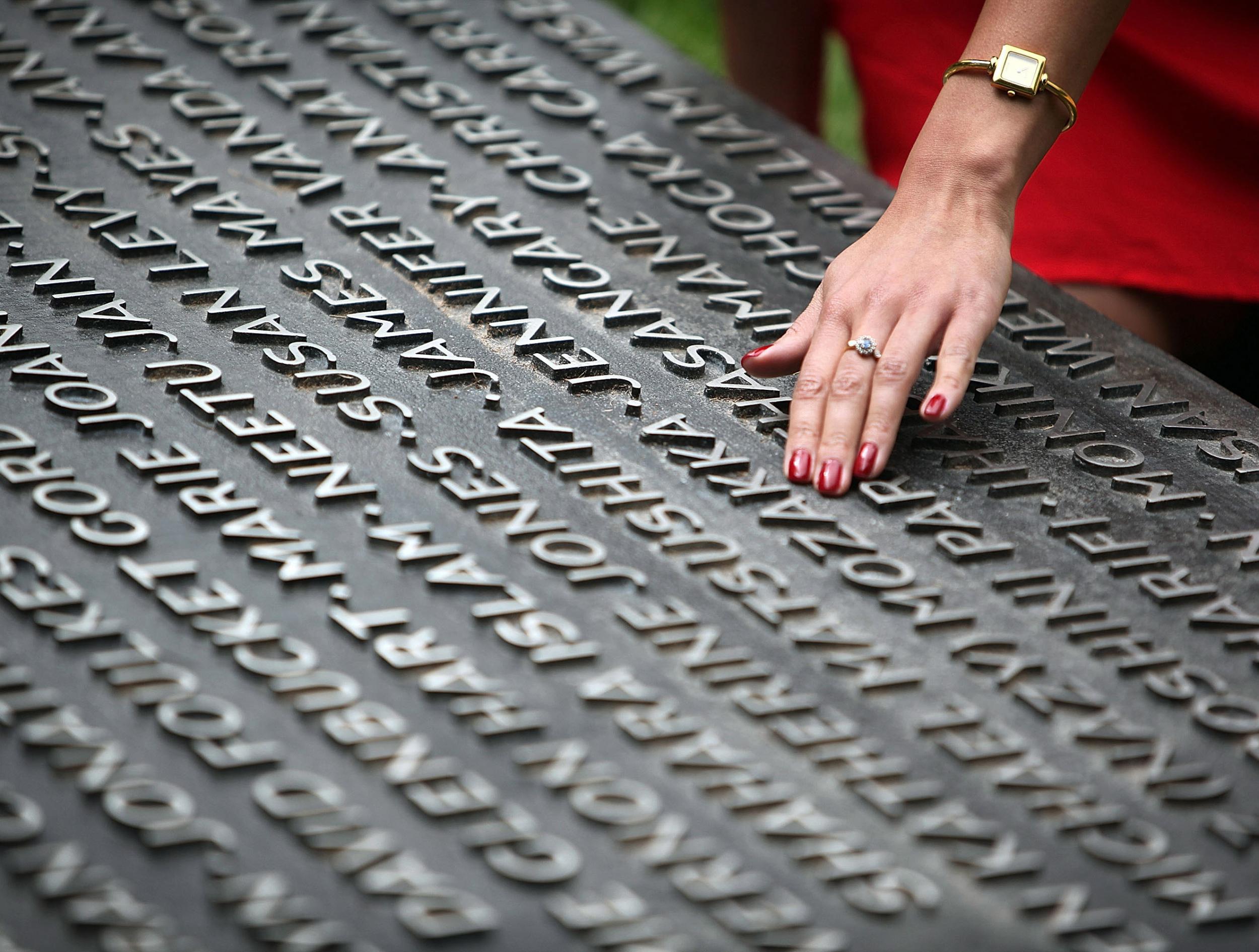
Your support helps us to tell the story
From reproductive rights to climate change to Big Tech, The Independent is on the ground when the story is developing. Whether it's investigating the financials of Elon Musk's pro-Trump PAC or producing our latest documentary, 'The A Word', which shines a light on the American women fighting for reproductive rights, we know how important it is to parse out the facts from the messaging.
At such a critical moment in US history, we need reporters on the ground. Your donation allows us to keep sending journalists to speak to both sides of the story.
The Independent is trusted by Americans across the entire political spectrum. And unlike many other quality news outlets, we choose not to lock Americans out of our reporting and analysis with paywalls. We believe quality journalism should be available to everyone, paid for by those who can afford it.
Your support makes all the difference.1 July
Today marks 103 years since the Battle of the Somme began. Around 19,000 British army soldiers were killed and 40,000 wounded on the first day alone – the bloodiest day in the army’s history.
In 2002, Bashkirian Airlines Flight 2937 and DHL Flight 611 collided mid-air over southern Germany. All 71 people on both planes, including 52 children, were killed.
Smoking in England was banned in all public indoor spaces in 2007.
Croatia became the 28th member of the European Union in 2013.
Deaths: Pierre Monteux, French conductor, 1964; The Godfather’s Marlon Brando, 2004; Fred Trueman, English cricketer, 2006.
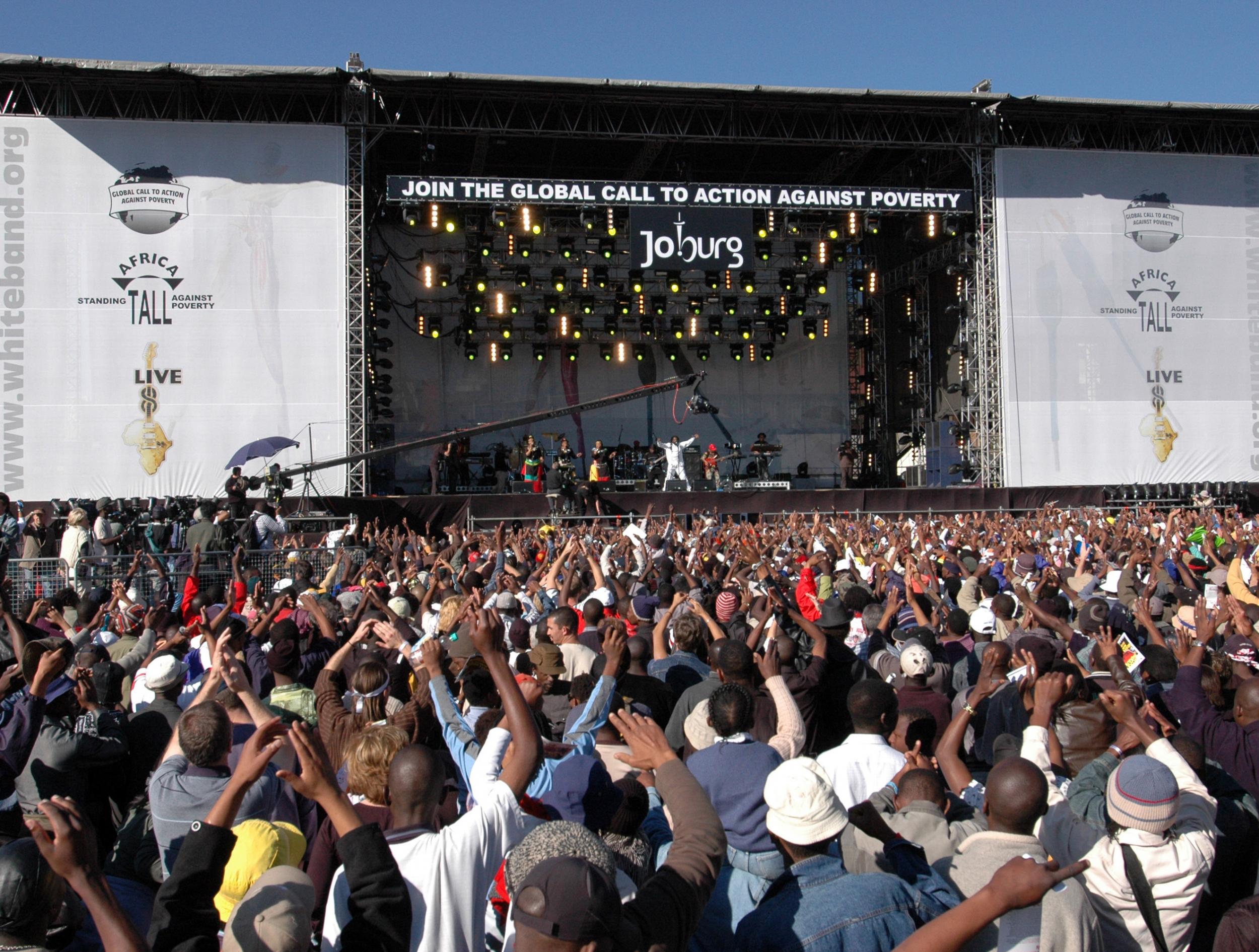
2 July
Thirty-five slaves were hanged in South Carolina in 1822. The group were accused of attempting to organise a slave rebellion.
Barry George, who was accused of murdering BBC presenter Jill Dando by a single bullet wound to the head, was jailed for life in 2001. He was subsequently acquitted in 2008 after appealing his case.
The Live 8 concerts took place across eight cities in 2005. More than 1,000 musicians performed and the event was broadcast on 182 television networks.
Deaths: Joseph Chamberlain, British politician, 1914; Ernest Hemingway, author of The Old Man and the Sea, 1961; Vladimir Nabokov, Russian-American author, 1977.
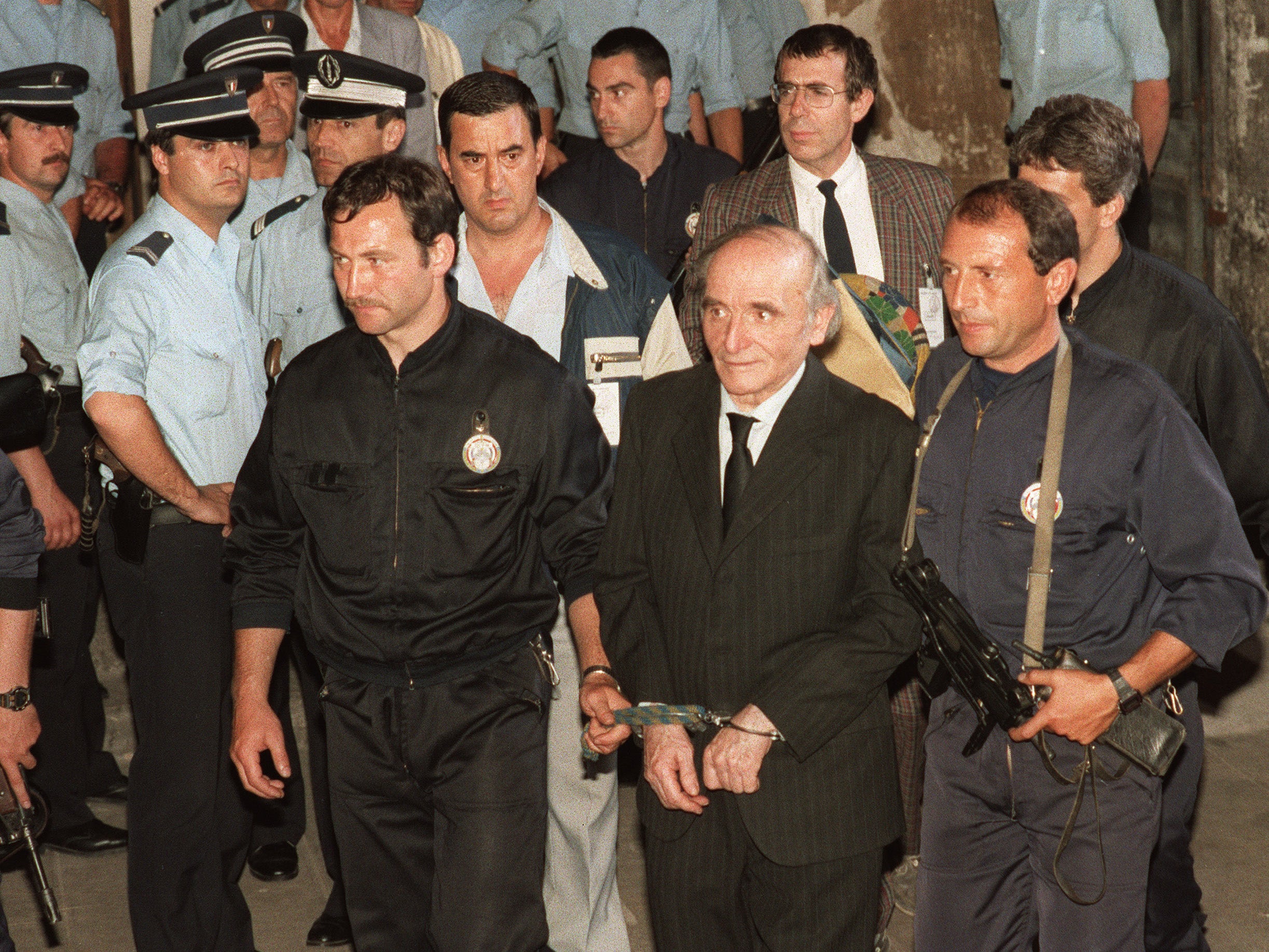
3 July
Great auks became officially extinct in 1844. The last known pair was killed off the coast of Iceland at the request of a collector.
In 1962, Algeria was granted independence after 132 years of French rule.
Nazi war criminal Klaus Barbie was sentenced to life imprisonment in 1987. The 73-year-old was charged with crimes against humanity, and accused of deporting 842 people to concentration camps during the Second World War.
A suicide bombing in Baghdad killed at least 341 people in 2016.
In 2013, then defence minister of Egypt, Abdul Fatah el-Sisi, staged a coup. He forced out president Mohamed Morsi, who had only been elected one year before, and took the position of president for himself.
Deaths: Theodor Herzl, American journalist and author, 1904; Jim Morrison, lead singer of The Doors, 1971; Pancho Gonzales, American tennis player 1995; Andy Griffith, American actor, 2012.
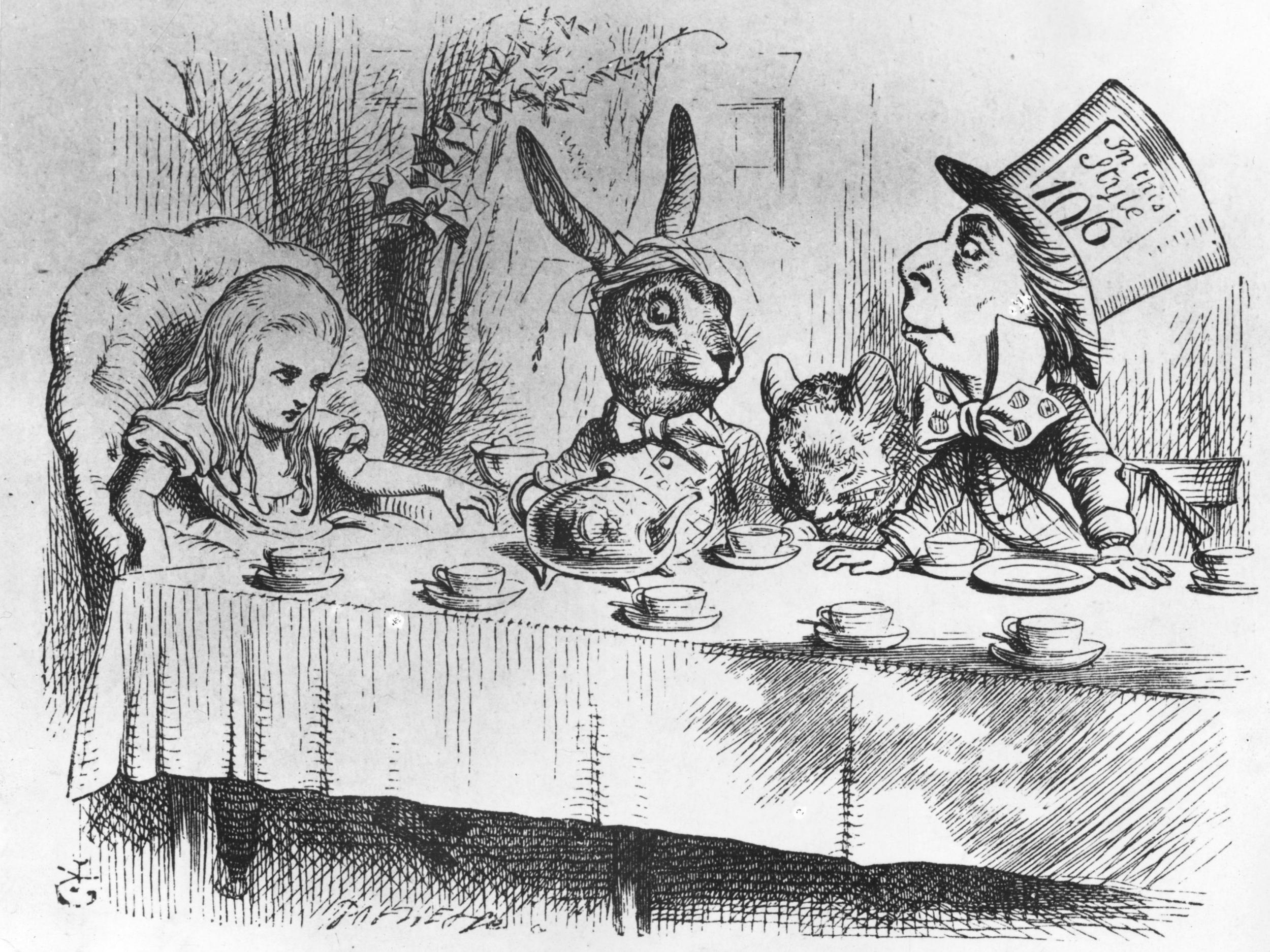
4 July
Alice’s Adventures in Wonderland was published in 1865. The classical fantasy novel was written by Lewis Carroll, real name Charles Lutwidge Dodgson, and was believed to be based on Carroll’s experimentation with opium.
Israeli commandos rescued 100 hostages from Entebbe airport, Uganda, in 1976. The hostages were mostly Jews or Israelis and had been held by pro-Palestinian hijackers.
The board of Manchester United fired its manager, Tommy Docherty, in 1977. Although never officially stated by the club, it was assumed Docherty lost his job due to his affair with the wife of the club’s physiotherapist.
In 1985, Ruth Lawrence became the youngest British person to both graduate with a starred first and do so from Oxford University. The “child prodigy”, who had been studying maths, was just 13 years old when she was given the accolade.
Deaths: Thomas Jefferson, America’s third president, 1826; Marie Curie, Polish chemist and physicist who discovered radiation, 1934; Jesse Helms, American politician, 2008.
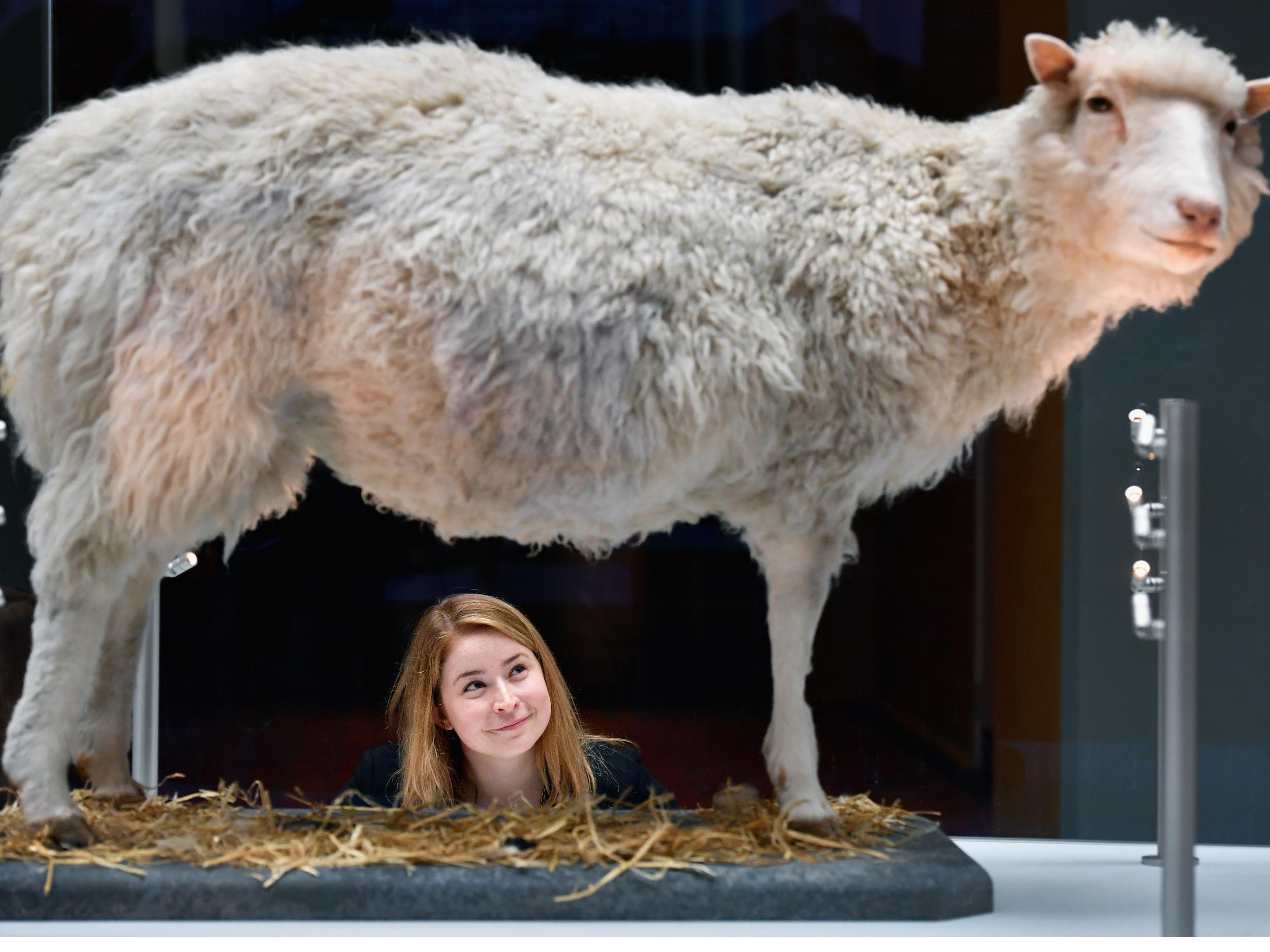
5 July
The BBC launched its daily television news service in 1954. The broadcaster’s first 20-minute bulletin was introduced by newsreader Richard Baker.
American Arthur Ashe became the first black man to win the Wimbledon singles championship in 1975.
Dolly the sheep was born in 1996, becoming the world’s first live cloned mammal. Doctors predicted she would live for 12 years but she died just short of her seventh birthday.
In 2000, conservationists in South Africa carried out the biggest ever airlift of wild birds. Over 18,000 jackass penguins were moved to safety after an oil spill threatened their breeding ground.
Deaths: William Cornwallis, English admiral, 1819; Stamford Raffles, British statesman, 1826; Cy Twombly, American-Italian painter and sculptor, 2011.
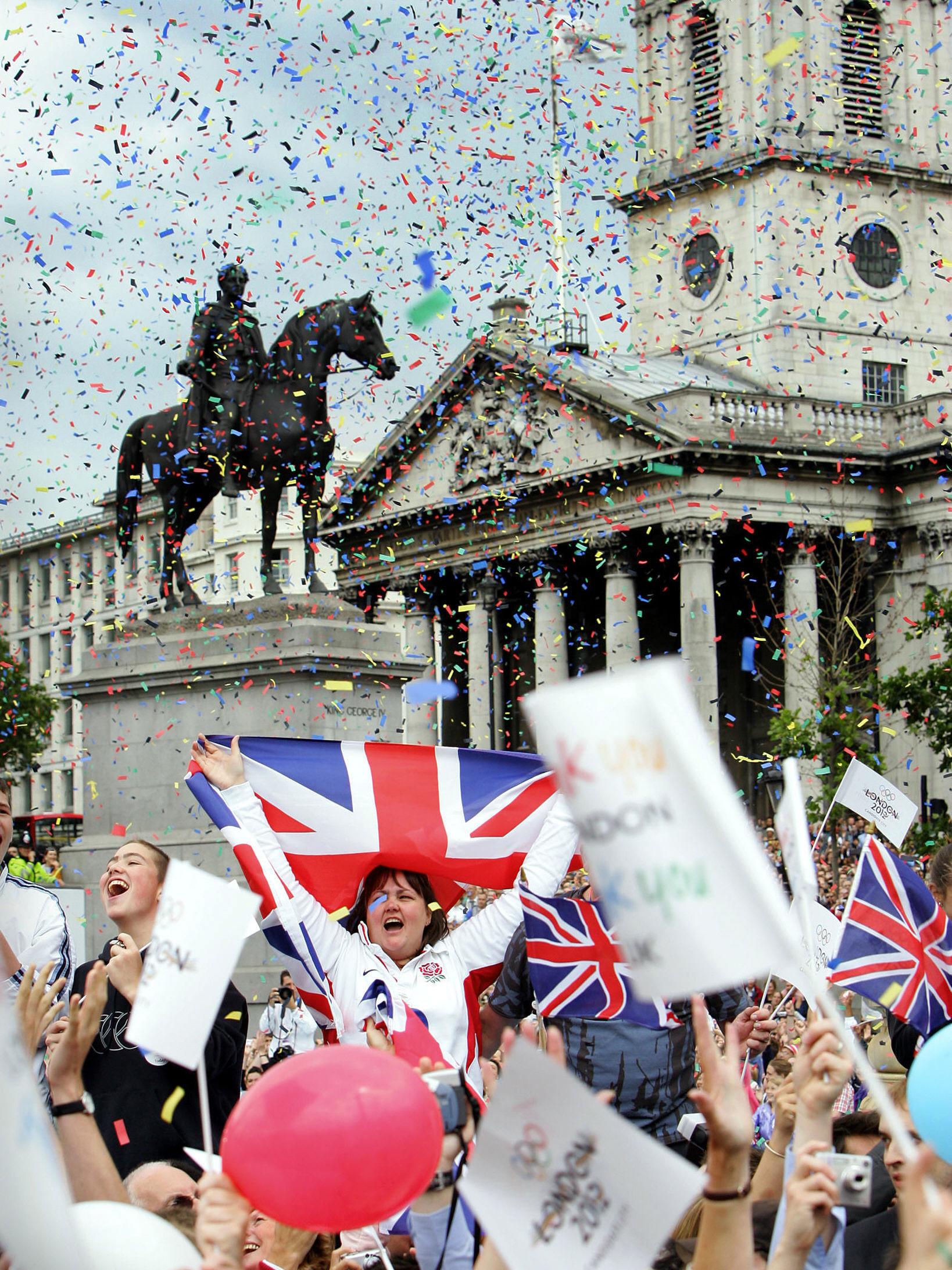
6 July
In 1978, the Penzance-to-Paddington sleeper train caught fire half a mile before its scheduled stop in Somerset. Eleven people were killed and 17 injured.
Tony Blair’s eldest son, Euan, was arrested for being “drunk and incapable” in 2000. The 16-year-old had been celebrating the end of his GCSEs when he was found by police lying on the ground in Leicester Square.
New Yorker Althea Gibson became the first black woman to win Wimbledon in 1958.
Nasa scientists freed a robot from the Mars Pathfinder probe in 1997, allowing it to begin its exploration of the Red Planet.
In 2005, it was announced that London would be the 2012 Olympics host. It marked the first time Britain had held the games since 1948.
Deaths: John Marshall, fourth chief justice of the US, 1835; William Faulkner, American author and Nobel Prize laureate, 1962; Louis Armstrong, American trumpeter and singer, 1971.
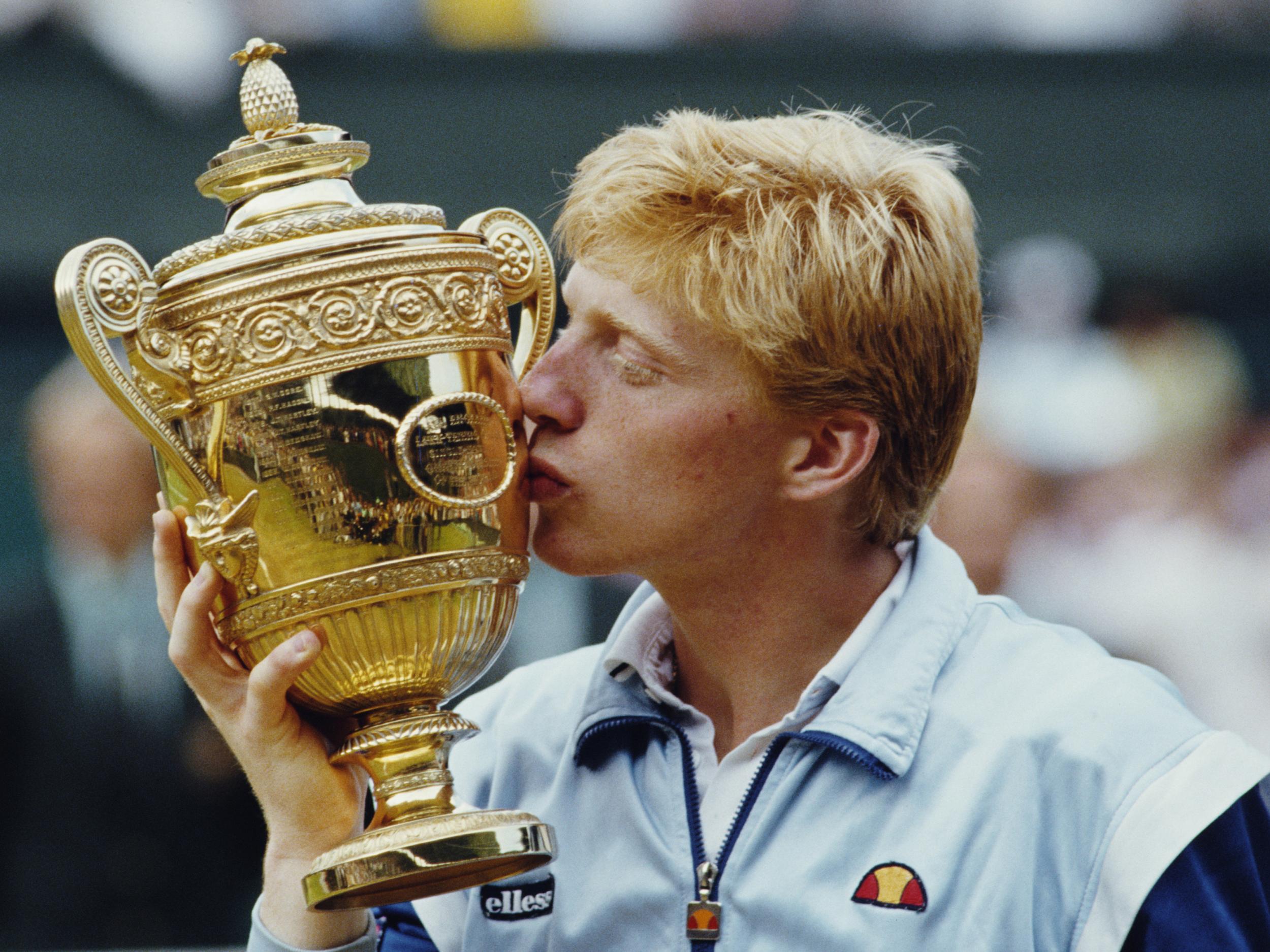
7 July
A Starr was born in 1940... Ringo Starr. The Liverpudlian was asked to join The Beatles in 1962.
Boris Becker became the youngest player ever to win Wimbledon at the age of 17 in 1985.
Bradford’s race riots began in 2001. Chaos ensued between white and Asian gangs, which culminated in over 1,000 youths throwing missiles and fire bombs.
The 7/7 suicide bomb attacks in London took place in 2005. The four bombs, which exploded on London’s transport network, killed 52 people and injured over 780 others.
Deaths: Mary Surratt, American conspirator in the assassination of Abraham Lincoln, 1865; Arthur Conan Doyle, author of Sherlock Holmes, 1930; Chandra Shekhar, Indian prime minister, 1991.
Join our commenting forum
Join thought-provoking conversations, follow other Independent readers and see their replies
Comments